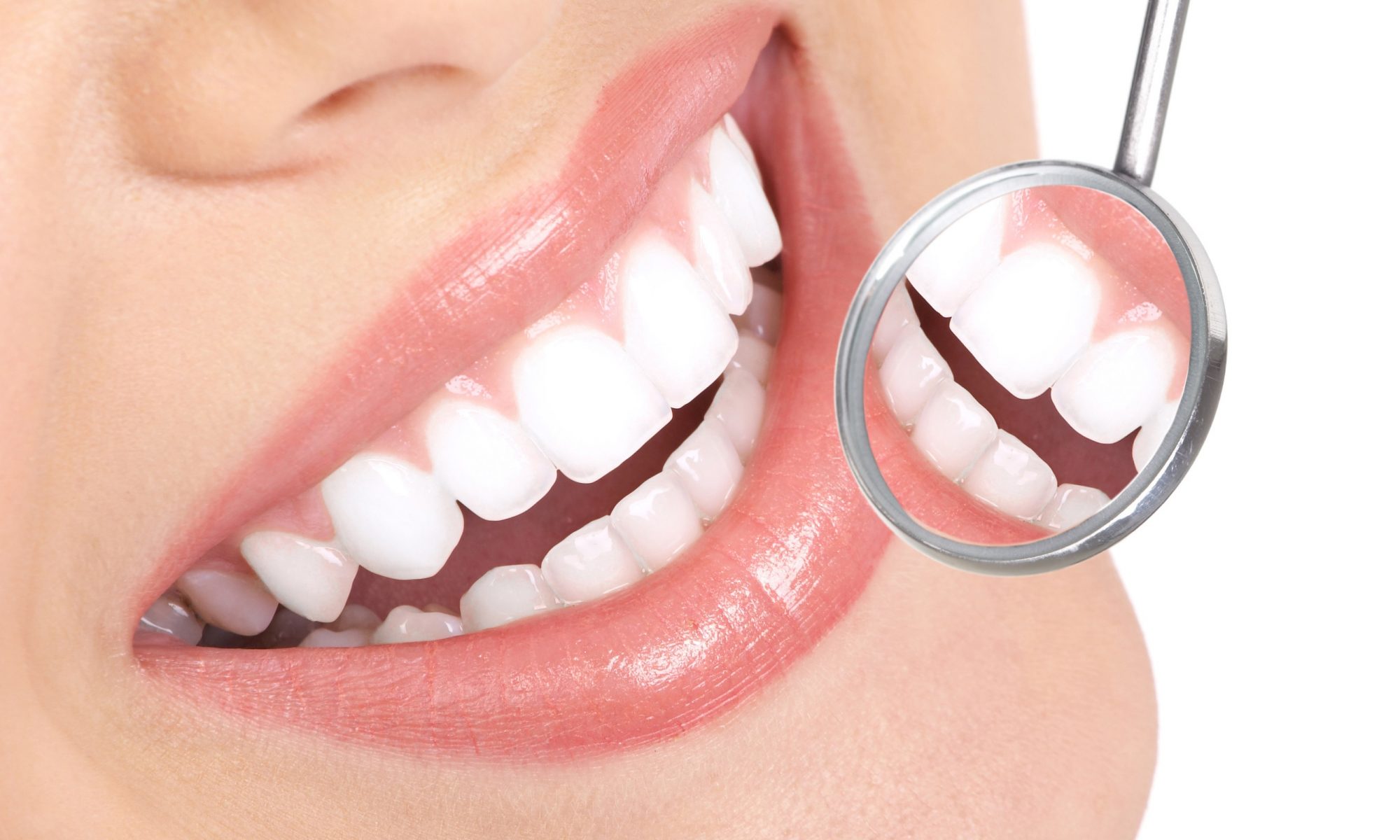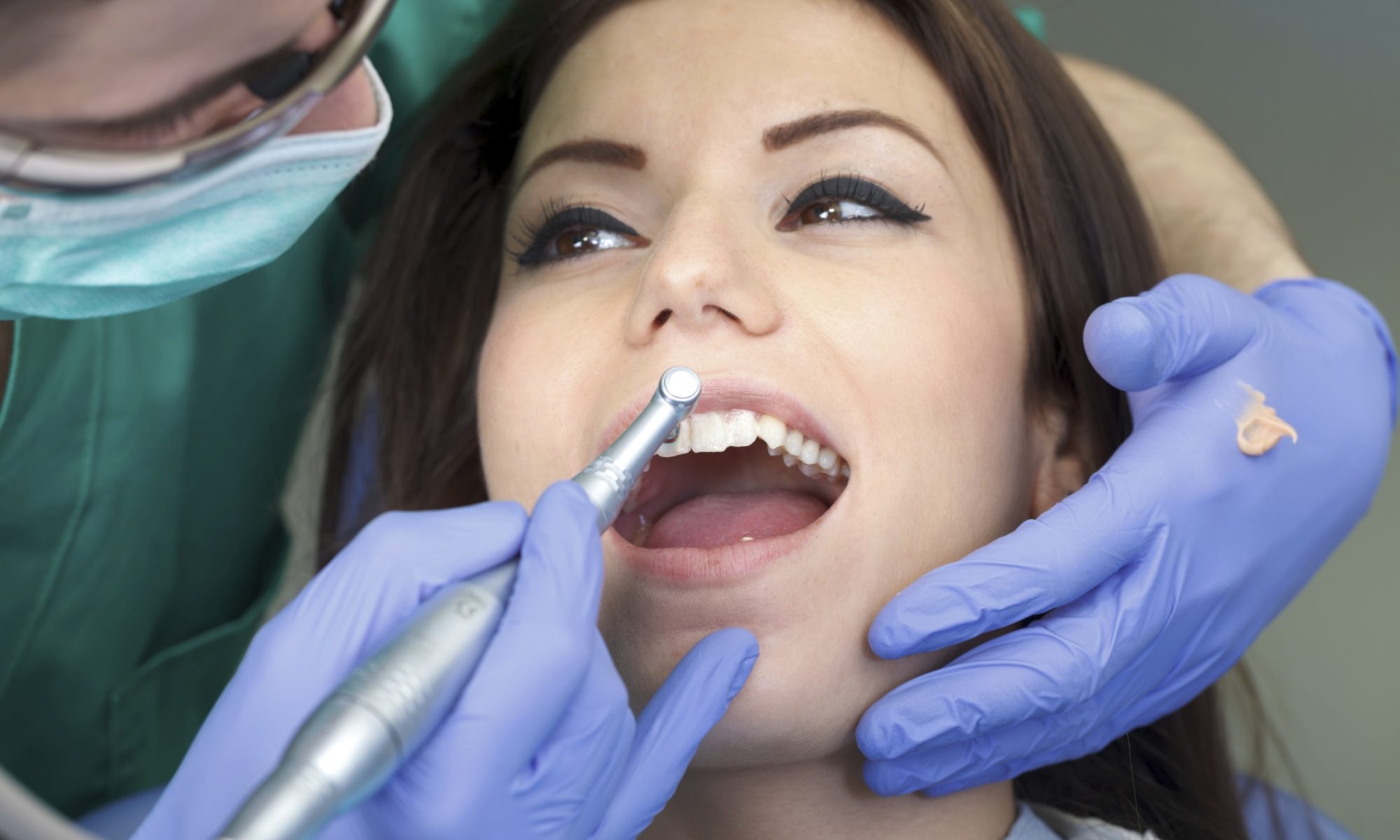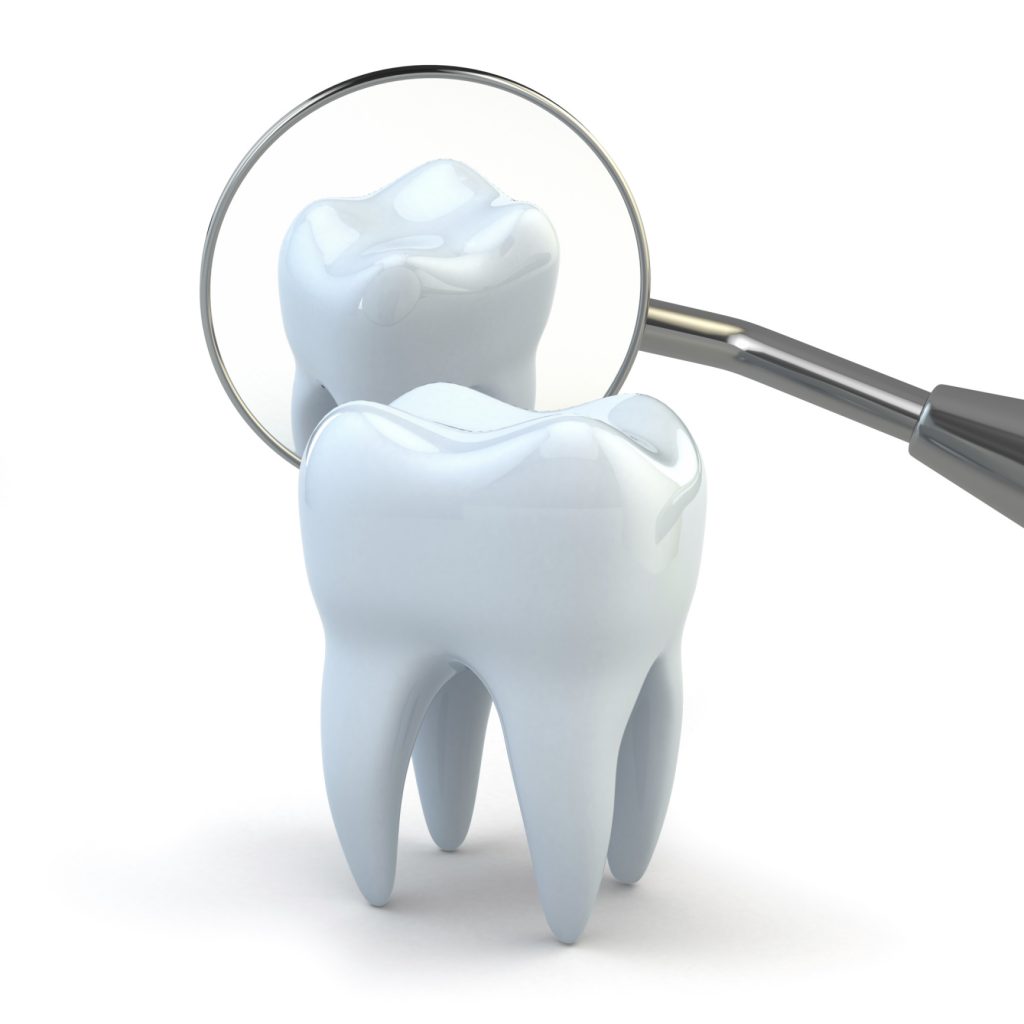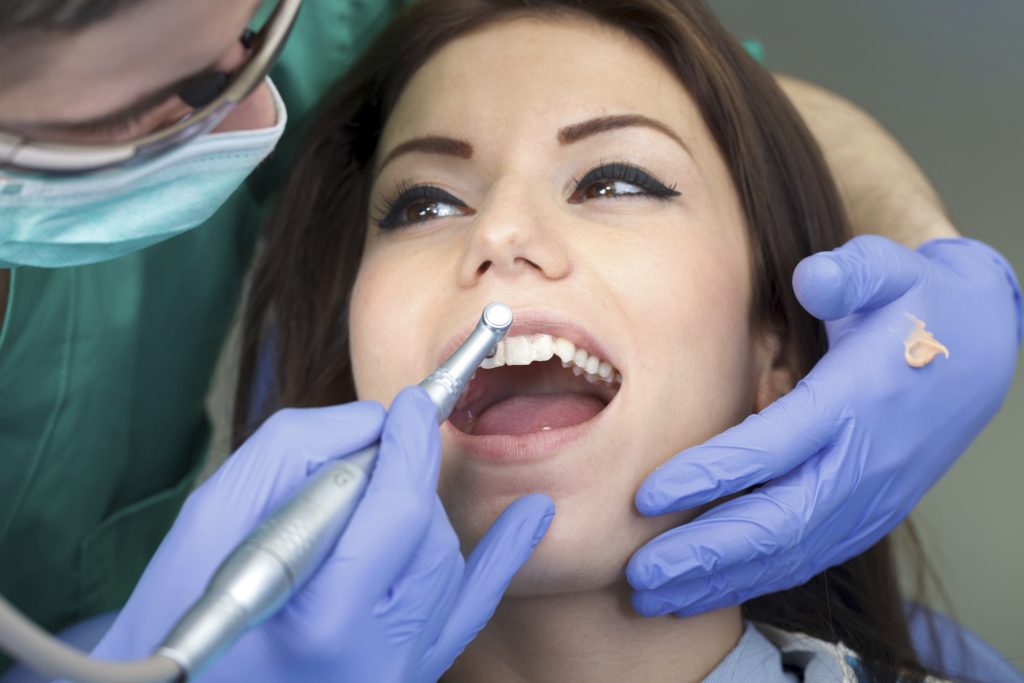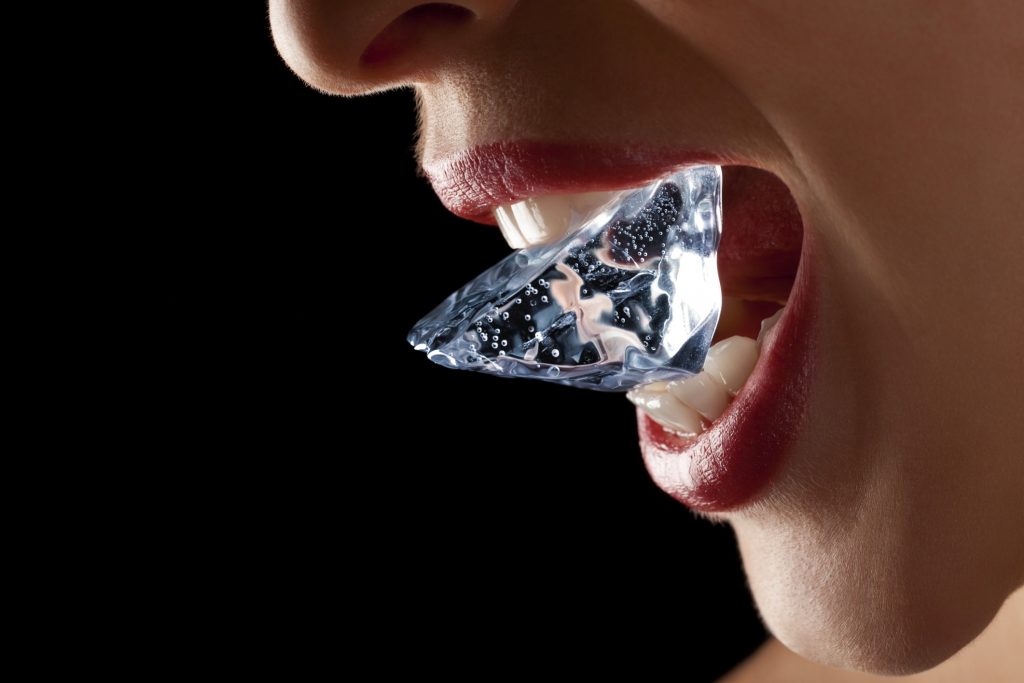Cosmetic dentistry can transform the appearance of your teeth while retaining or enhancing your oral health. According to AACD.com “…cosmetic procedures can range from basic color correction to replacing missing teeth, and everything in between.” While cosmetic dentists may employ the use of anesthesia for surgical improvement, most procedures are non-invasive. Here are a few procedures cosmetic dentists perform.
Teeth Whitening – a common procedure for cosmetic dentists is teeth whitening. Coffee, tobacco, alcohol, predisposition, and many other things can contribute to a less-than-white smile. If over-the-counter methods haven’t quite worked to bring back your pearly whites, you may consider speaking with a cosmetic dentist for a more intense treatment.
Dental Bonding– for chipped, cracked or gapped teeth, your dentist will apply a tooth-colored resin to the chipped area. They will layer resin, utilizing a UV light to harden it as they go, in order to build back the original look of the chipped tooth or teeth.
Veneer Application – you can think of a veneer as a thin shell that fits over the surface of your existing teeth to improve the color, shape, size, or length of teeth. Veneers are made of porcelain or a resin composite and permanently bonded to the teeth.
Gum Reshaping – when your gums appear more pronounced than your teeth, or your gemlike is uneven, a cosmetic dentist may recommend gum reshaping. Essentially, a small amount of gum or bone tissue is removed or contoured to even out the appearance of your gum line or tooth ratio.
Crowns – similar to a veneer, dental crowns are a porcelain or ceramic tooth look-alike that fits over a weak or damaged tooth. Crowns are made to fully encase the tooth and can last between five to 15 years depending on how well they are cared for.
Braces – these are within the realm of cosmetic dentistry because braces shift the teeth into the optimal position for your bite and mouth size. Braces are one of the most common procedures a cosmetic dentist may perform, as tooth alignment is just as much about oral health as it is aesthetics.
For more information about caring for your veneers, call Dr. Sciabica in Issaquah, WA at 425-392-3900 or visit www.issaquahdentists.com.
Dr. Frank S. Sciabica proudly serves patients from Issaquah and all surrounding areas.

